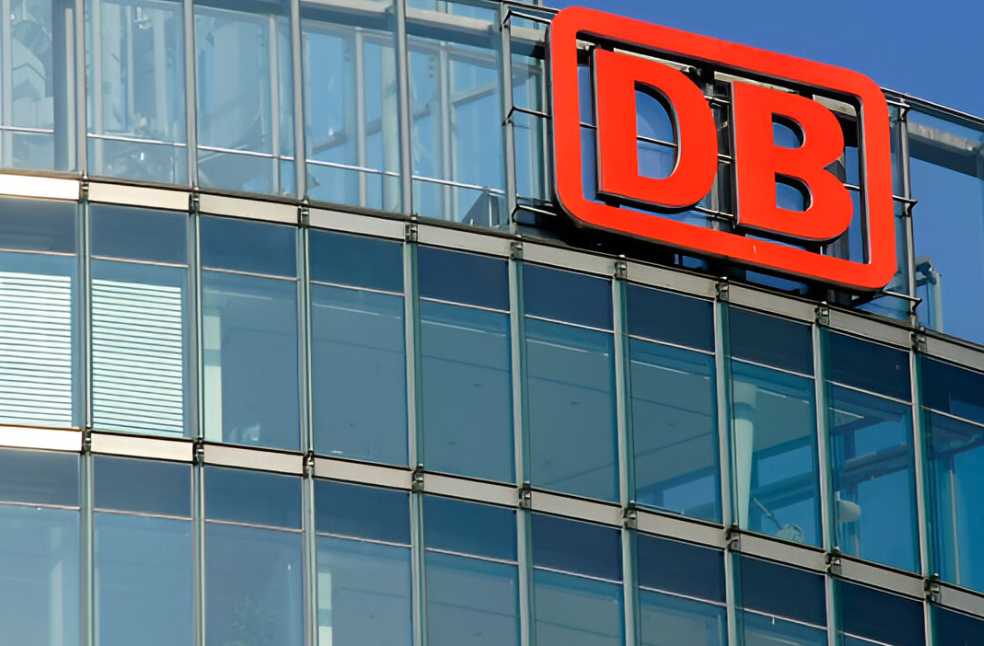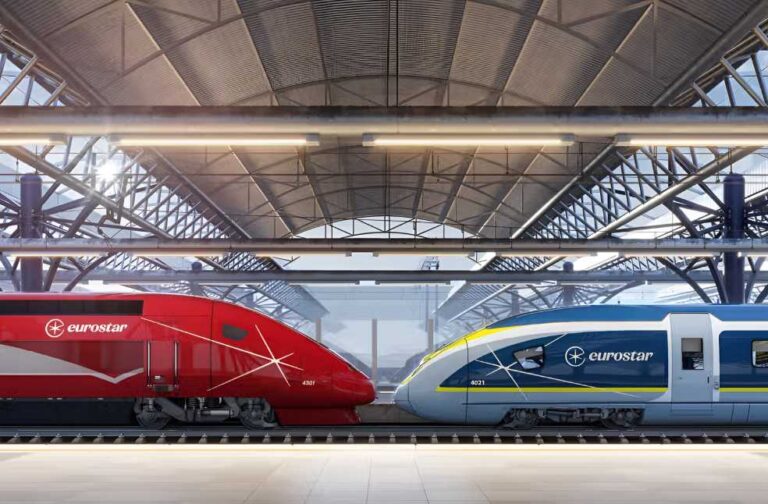Europe: A new report from campaign group Transport and Environment (T&E) has ranked Eurostar as Europe’s worst rail operator, with Germany’s Deutsche Bahn scoring poorly for trustworthiness. The analysis, which evaluated 27 European operators on ticket prices, punctuality, and refund policies, revealed that only 11 companies achieved punctuality rates above 80 per cent.
Trains emit less carbon than planes or cars, but many travellers are inhibited by high costs and inconsistent service. Eurostar, which operates routes such as London to Paris and Brussels, was criticised for charging nearly double the European average price per kilometre on comparable routes. Meanwhile, Deutsche Bahn refused to comment on its poor performance.
Victor Thevenet, lead author, noted that many people want to prefer trains but are put off by high prices or unreliable services. Victor Thevenet stated that, “Families, in particular, are stopped from travelling by rail because it’s either too expensive or not reliable.”
Italy’s Trenitalia outperformed the rankings with a score of 7.7 out of 10, followed by Switzerland’s SBB, the Czech Republic’s RegioJet, Austria’s OBB, and France’s SNCF. The report attributed Trenitalia’s success to competition with rival Italo on Italy’s high-speed network and praised Switzerland for its powerful rail infrastructure investments.
At the bottom of the list were Eurostar, Greece’s Hellenic Train, and France’s Ouigo. The UK was praised for its delay compensation policies but criticised for having the three most expensive rail operators in Europe.
The fragmented ticketing system across Europe remains a source of frustration for passengers. The European Commission intends to introduce a suitable ticketing system next year, allowing travellers to buy a single ticket for cross-border journeys while sustaining their rights in case of delays.

Transport researcher from the University of Leeds stated that, “While Europe boasts an extensive rail network, this report underscores the urgent need for improvements in affordability and reliability.” Eurostar denied the report’s findings, emphasising recent updates to its booking platform and a relaunch of last-minute discounted fares. A spokesperson stated that, “We’re confident our scores would enhance if the report were updated. This year, we’ve seen record passenger numbers and expect further development as we continue to invest.”
Despite trains being a greener travel option, rail fares remain twice as costly as plane tickets on average, according to a Greenpeace report. Experts argue that long-haul flights, which account for the majority of aviation emissions, remain the primary challenge in reducing transport-related carbon footprints.



